|
It was once thought that the new coronavirus mainly attacked the lungs. But the virus is turning out to be much more destructive than that. Aside from attacking the heart and kidneys, it also appears to mess with blood clotting, causing devastating ischaemic stroke.
David Werring and Arvind Chandratheva, two consultant neurologists working at hospitals in London, give a first-hand account of how one of their patients – a previously fit and healthy 64-year-old man – developed an acute stroke while recovering from COVID-19. What was puzzling was that the patient was seemingly out of danger and no longer required breathing support. He was on a general ward and should have been making plans to go home.
Four other patients at Werring and Chandratheva’s hospitals followed a similar path: they developed strokes more than a week after experiencing typical COVID-19 symptoms. Another patient had a stroke before COVID-19 symptoms appeared. Reports of stroke among youngish, seemingly healthy coronavirus patients were also reported in Wuhan and more recently in New York. Doctors and researchers are desperately trying to understand the cause of these strokes so that they can target specific phases of COVID-19 with the right treatment.
A fresh outbreak of coronavirus at a gay nightclub in Seoul’s Jongno district has led to a homophobic backlash, which is being driven by the country’s large evangelical Christian Protestant right. The backlash could make contact tracing harder, with people afraid of being outed. Sini-Petriina Klasto and Allan C Simpson provide the context.
|
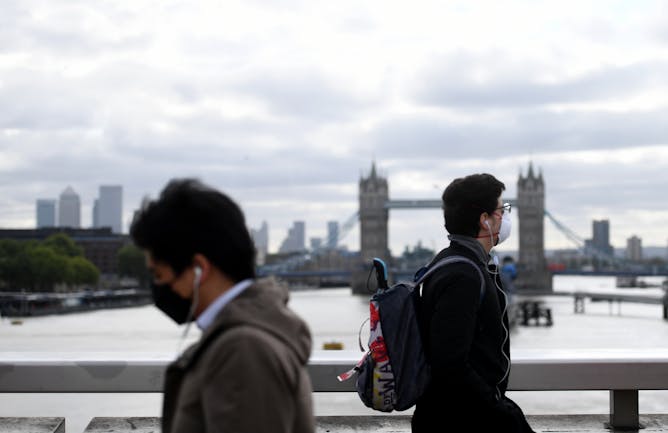
Facundo Arrizabalaga/EPA
David Werring, UCL; Arvind Chandratheva, UCL
Why did a fit, healthy man have so many blood clots in rapid succession, despite blood-thinning treatment?
|
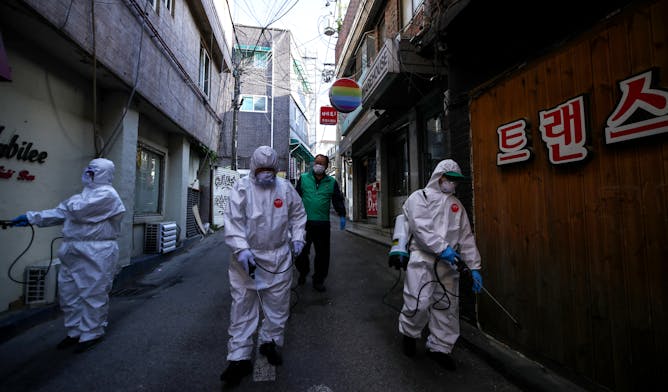
Volunteers spray disinfectant in the Itaewon district of Seoul after a cluster of cases linked to its nightclubs.
Yonhap/EPA
Sini-Petriina Klasto, University of Sheffield; Allan C Simpson, SOAS, University of London
Seoul has a bustling queer community, but LGBTQ+ people in South Korea face ongoing stigma.
|
Politics + Society
|
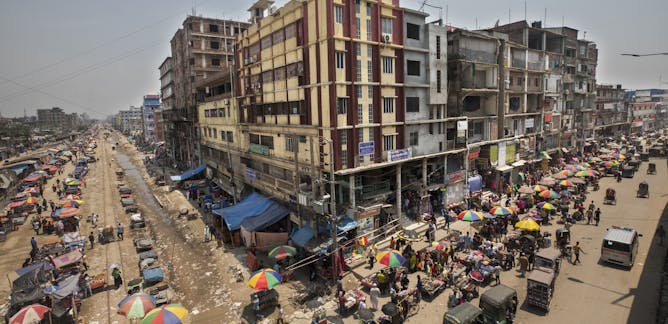
Robert Muggah, Pontifical Catholic University of Rio de Janeiro (PUC-Rio); Richard Florida, University of Toronto
COVID-19 is spreading fast through not only the world's richest cities but also its poorest, ravaging slum areas where risk factors like overcrowding and poverty accelerate disease transmission.
| |
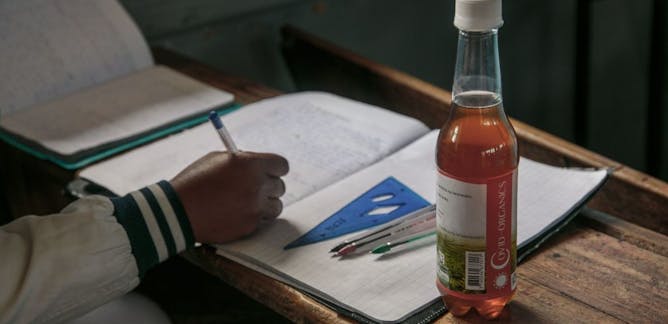
Chimaraoke Izugbara, University of the Witwatersrand; Mary O. Obiyan, Obafemi Awolowo University
Authorities around the world can do more to ensure that correct information and messages on the pandemic reach everybody.
|
|
|
Science + Technology
|
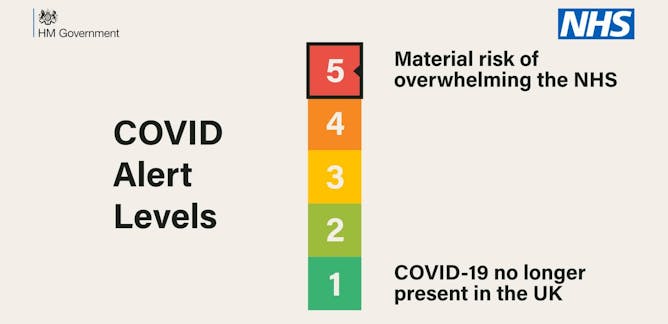
Thomas Woolley, Cardiff University
The equation 'COVID alert level = R (rate of infection) + number of infections' simply does not add up to a number between one and five.
| |

Ben Garrod, University of East Anglia
Illegal wild animal meat is found in cities right across the world and poses a very real threat of infecting people.
|
|
|